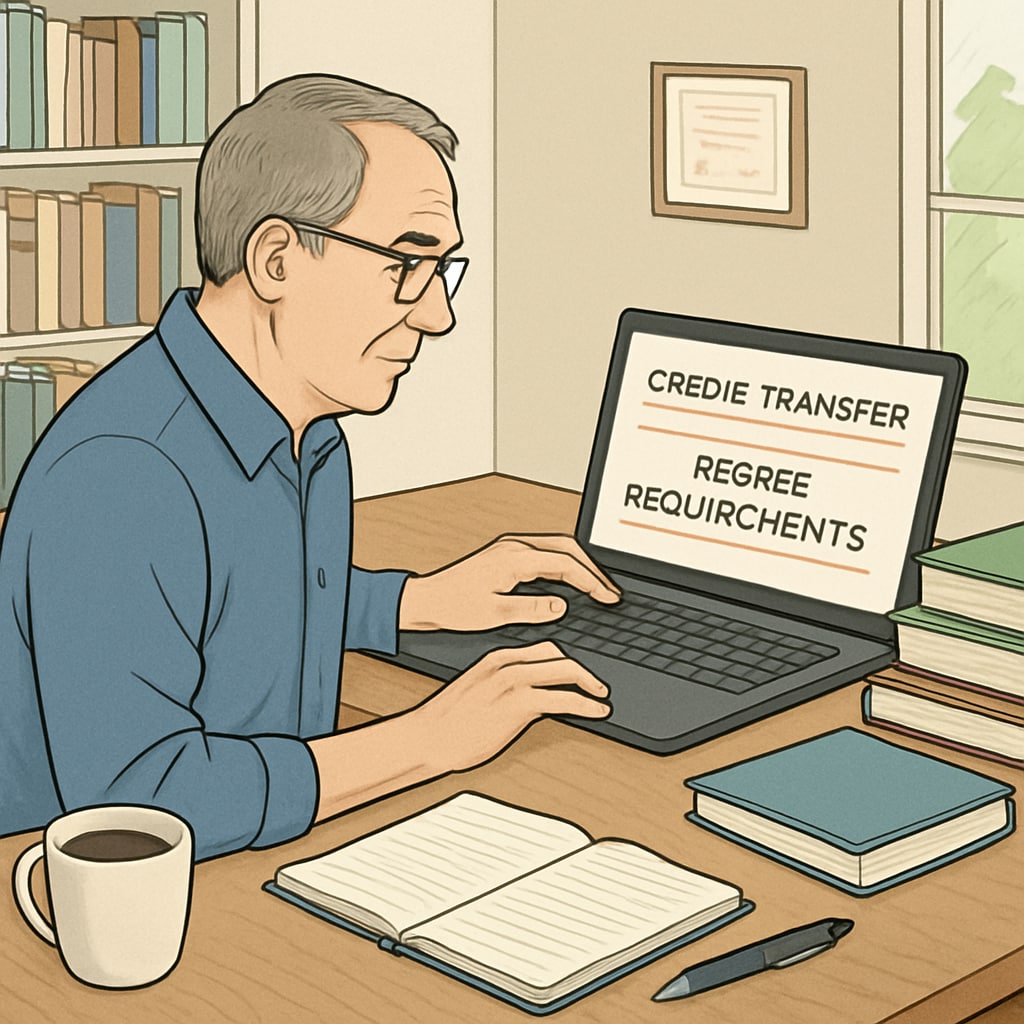Leaving a degree program unfinished, whether a Bachelor of Business Administration (BBA) or another field, can leave individuals grappling with uncertainty about their educational and professional future. However, the good news is that returning to complete your degree is entirely possible, even when faced with credit transfer challenges and the demands of adulthood. For learners around the age of 26, this article outlines actionable strategies to reignite your academic journey, overcome key obstacles, and prepare mentally for the road ahead.

Understanding Credit Transfer Challenges
One common hurdle for those seeking degree completion is navigating the process of credit transfer, especially when returning to a different institution or program. Colleges and universities often have strict policies about which credits are eligible for transfer, leading to frustration for returning students hoping to pick up where they left off. For example, while general education courses might transfer seamlessly, specialized courses in a BBA program could face scrutiny depending on the curriculum alignment.
To address this, start by requesting a transcript evaluation from your prospective institution. This will help identify which credits can be applied toward your degree. In addition, consult with an academic advisor to discuss bridging requirements or alternative pathways, such as testing out of prerequisite courses or enrolling in accelerated programs.
Effective Strategies for Returning to Education
Once you’ve tackled the credit transfer process, it’s time to focus on actionable strategies for degree completion. Below are practical tips tailored for adult learners:
- Research Flexible Programs: Many institutions now offer evening, weekend, or online courses designed for working adults. These formats allow you to balance education with your professional and personal commitments.
- Consider Prior Learning Assessments: Some schools provide credit for work experience, certifications, or military service through prior learning assessments. This can significantly reduce the time and cost required to complete your degree.
- Create a Realistic Schedule: Plan your coursework around your existing obligations and set achievable academic goals. Break larger tasks into manageable steps to avoid feeling overwhelmed.
- Seek Financial Aid: Returning students often qualify for scholarships, grants, or employer tuition reimbursement programs. Research your options to ease the financial burden of continuing your education.

The Psychological Preparation for Academic Reentry
Returning to school as an adult requires not only logistical planning but also mental readiness. It’s natural to feel apprehensive about reentering an academic environment, especially if you’ve been away for several years. To overcome this, focus on building a positive mindset.
First, remind yourself of your “why”—the personal and professional reasons driving your decision to complete your degree. Whether it’s advancing your career, setting an example for your family, or achieving a personal milestone, keeping your motivation front and center can help you stay committed.
Second, connect with a support network. Reach out to friends, family, or peers who can offer encouragement and accountability throughout your journey. Many institutions also have resources like adult learner communities or mentorship programs that can help you feel more connected.
Finally, practice self-care. Balancing education with other responsibilities can be stressful, so prioritize your physical and emotional well-being. Regular exercise, adequate sleep, and mindfulness practices can make a significant difference in managing stress.
Final Thoughts
Reigniting your academic journey and completing your degree is a courageous and rewarding endeavor. By addressing credit transfer challenges, embracing flexible learning options, and preparing yourself mentally for the transition, you can overcome obstacles and achieve your educational goals. Whether you’re pursuing a BBA or another degree, remember that persistence and proactive planning are key to success.
For further information about credit transfer policies or adult education resources, explore external references such as Credit Transfer on Wikipedia or Adult Education on Britannica.


